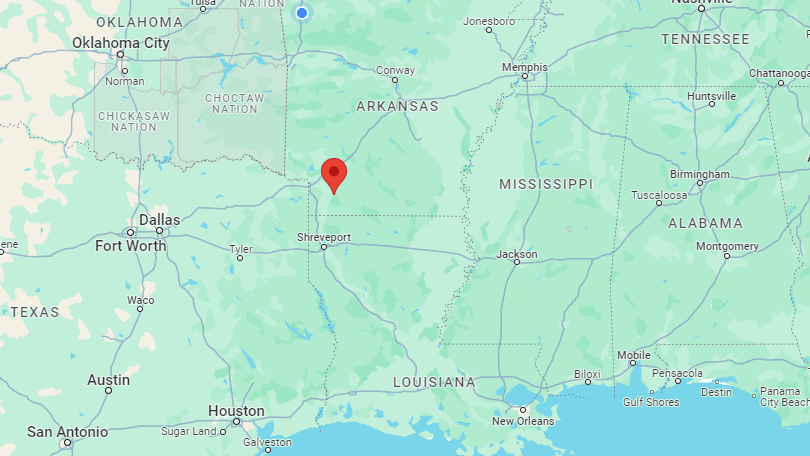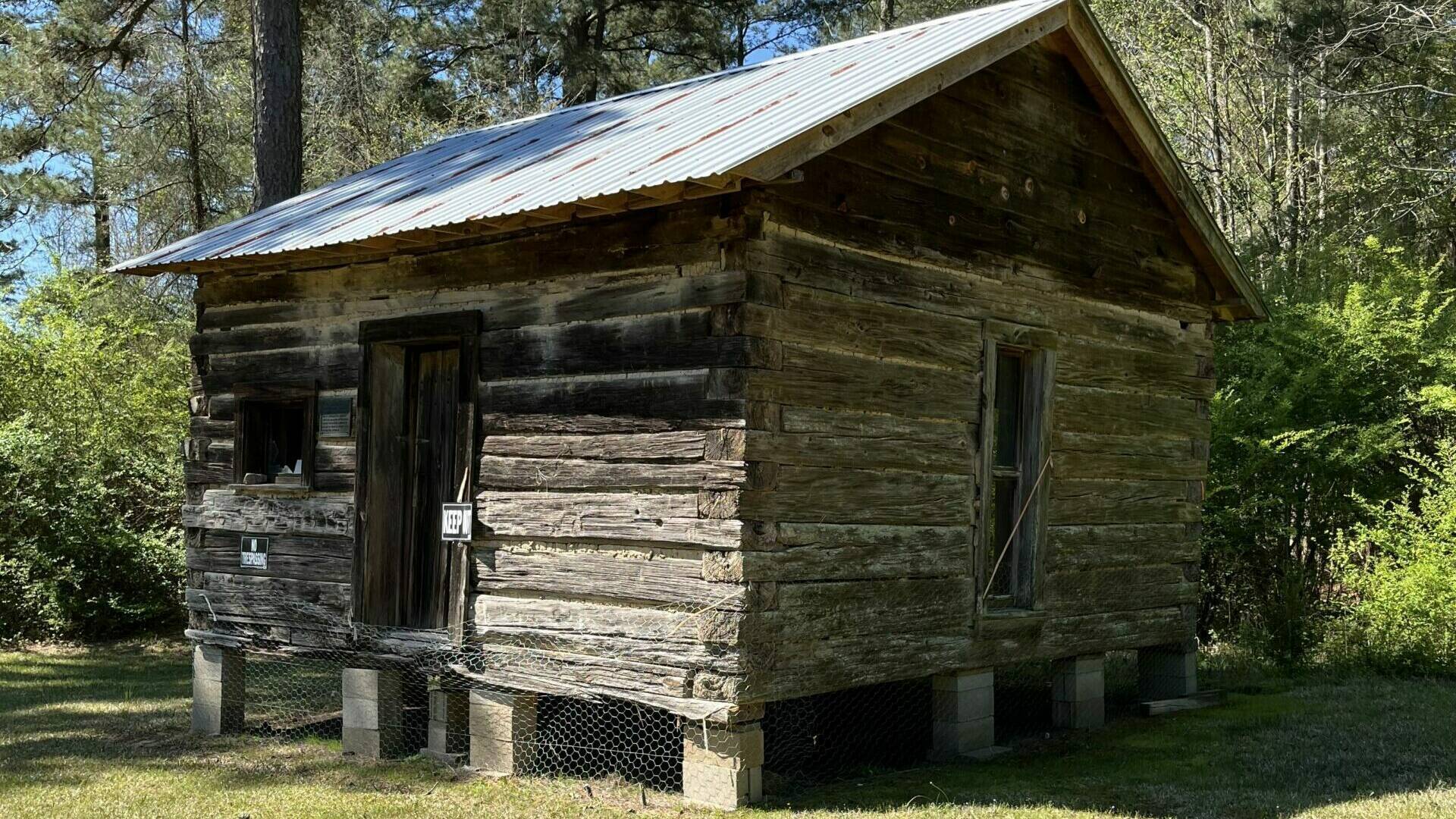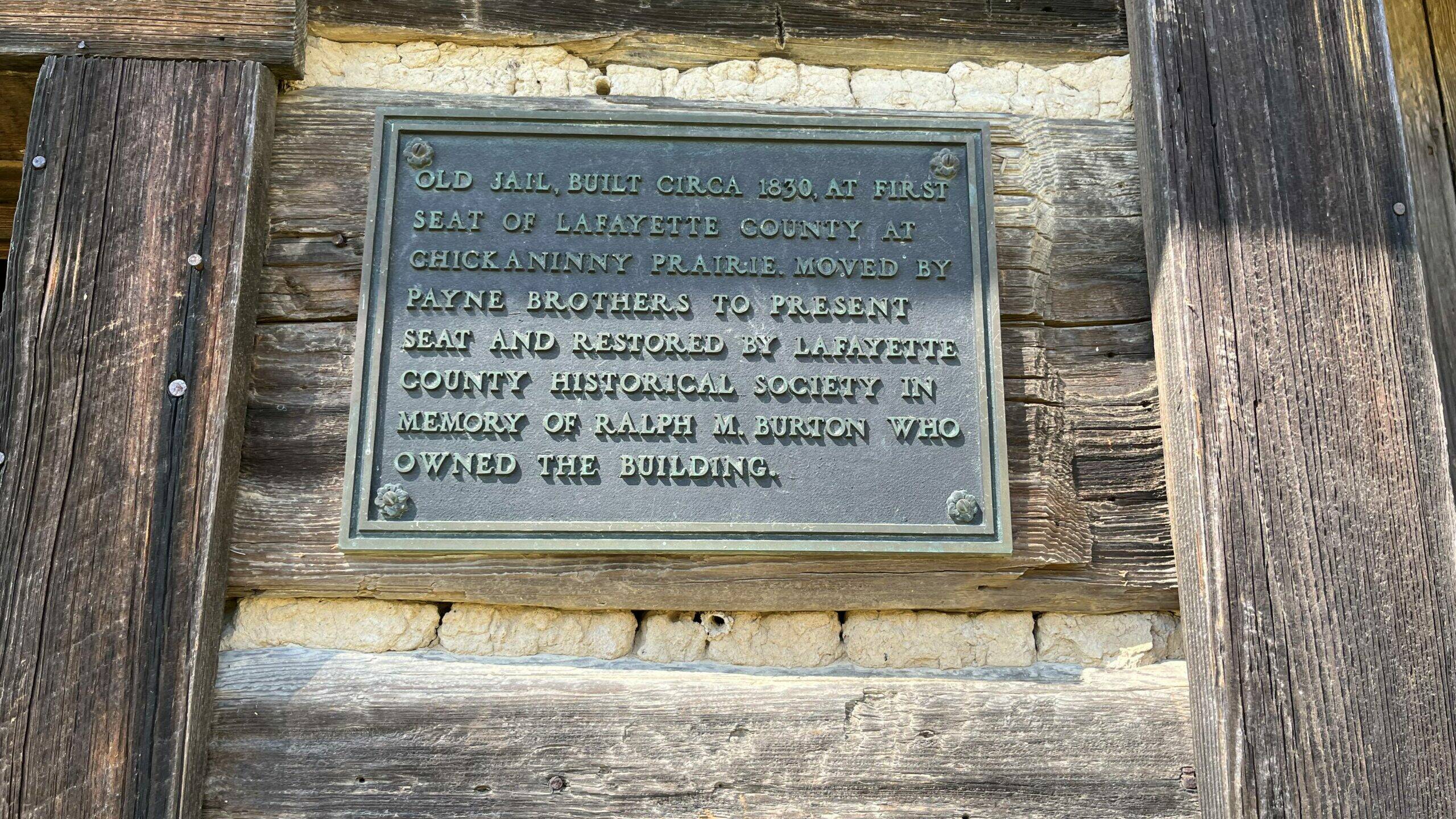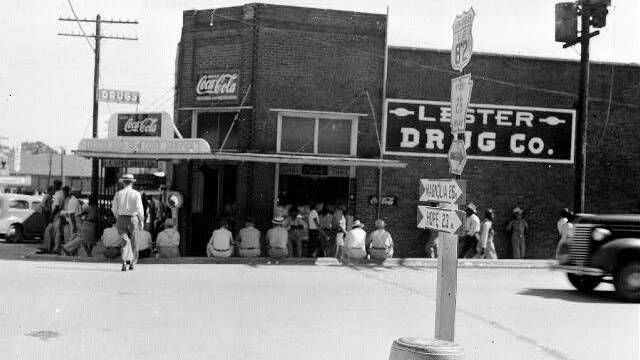The Community Sustainability Team at Communities Unlimited is actively supporting the residents of Lewisville, Arkansas in their pursuit of a vibrant community. Despite common negative perceptions about rural areas, we believe in opportunity. We firmly believe community-led engagement is what leads to prosperity. Lewisville is eagerly embracing opportunities for growth and improvement. Through community-led engagement, they are tackling challenges together and envisioning a future with a high quality of life.
With guidance from the Community Sustainability team, residents are organizing town hall meetings and forming committees to address shared obstacles. They are strategically planning to leverage existing assets and opportunities, rather than dwelling on limitations. While visible signs of progress, like new businesses and infrastructure improvements, often grab attention, these achievements are the result of months of planning and hard work behind the scenes.
In a three-part series, we aim to bring the unnoticed efforts of the Lewisville community into focus. We will tell their story as it unfolds, capturing their journey from where they are now to where they aspire to be. This series will showcase the power of community-led initiatives, honoring Lewisville’s past while shaping its future.
Lewisville's Past
From Frontier Settlement To Community Cohesion
Lewisville, located in Lafayette County, Arkansas, has a rich history dating back to its founding in 1836 by Lewis Barnes Fort. Historical records indicate that Fort and his family came to Arkansas from Virginia. The settlement came to be known as Lewisville, taken from his first name, well before it was incorporated in 1850.

The town’s first courthouse and Lafayette Academy were established in 1841. Lafayette Academy is one of the oldest schools in Arkansas state history. During the Civil War, it served as a training ground for Confederate troops. After slavery, Freedmen’s School emerged, and notable figures like Monroe Hawkins entered state politics.
The arrival of the Cotton Belt Railroad in 1882 led to the development of “New Lewisville,” sparking growth despite economic fluctuations such as the 1939 oil discovery and the Great Depression. Despite challenges during World Wars I and II, post-war efforts diversified the local economy through efforts to provide jobs in fields outside of agriculture, including lumber processing, granite production, and furniture making.
Lafayette County’s first bank, Citizens Bank, was established in Lewisville in 1893 but lasted just a few years. Later, People’s Bank began in Lewisville in 1911 in a building that still stands today.
For years, Lewisville thrived as an oil town atop the Smackover Oil Formation, one of the largest oilfields in the U.S. Its economy also relied on agriculture, timber, retail, and restaurants. The town is home to the Old Jail Log Cabin, built in 1830, one of Arkansas’ oldest jailhouses.
There are six buildings on the National Register of Historic Places in Lewisville. They include the county courthouse, the Methodist church, the P. D. Burton House, and the People’s Bank Building.
Jana Crank, owner of Spruce Street Arts Gallery in downtown Lewisville, has lived in Lewisville for 58 years. She remembers a prosperous Lewisville in the 1960s, with well-maintained old houses and a tight-knit community centered around church. She appreciated raising her kids there, especially knowing the local police were supportive.
Lewisville boasted quality businesses downtown, including a hospital, law office, pharmacies, and a local restaurant. Alden Burge started smoking turkeys in 1953, eventually opening Burges dinette in 1962, a staple in the community that is still in operation today.
“Lewisville had everything you could want,” Crank said. “It was a nice place. It was a thriving community of people who looked after each other, cared for each other, and loved each other. It made for a great place to live, raise kids, and have a great quality of life.”
Chantell Dunbar has lived in Lewisville with her family most of her life. Dunbar’s parents were involved in the community. Her brothers excelled in sports, so her father collected donations from local businesses to buy a bus. This helped parents attend away games and championships, which the team often won. They also ran a softball league for many years, and her father was passionate about horse riding.
“I’ve always loved Lewisville and community spirit is something that's been ingrained in us from the very beginning. Our family, we've been together a long time. There’s a lot of us. We’re always trying to get together, so bringing that spirit into the community that we live in, has always been important.”

— Chantell Dunbar, Lewisville resident
Danny Ormand is another lifelong Lewisville resident. He grew up hunting and fishing in the area and still enjoys both to this day. Lewisville and Lafayette County are synonymous with outdoor activities and people travel to the area to participate in them.
“That’s my two favorite things,” Ormand said. “I enjoy hunting and fishing on our farm.”
Ormand explained what it was like growing up in Lewisville.
“Hometown, friendly atmosphere, slower pace of life, a lot better than the fast city life,” Ormand said. “When you are in a small town, you kind of know not only your neighbor, but you know your neighbor’s neighbor, they say. You meet people throughout your life and once you make friends, you stay friends forever.”
Crank reminisced about the 1970s when the whole town would square dance in her gallery’s building. They’d also gather for a Christmas parade and party, playing card games like canasta and bridge.
Lewisville was the definition of a community-oriented town.
“It was the best little southern town in the south,” Crank said. “It was a good place to be back then.”
Lewisville, AR is engaged with the Community Sustainability and Environmental Teams at Communities Unlimited as it attempts to resurrect it’s vibrant past and build a sustainable future. This is story is Part One of a Three Part Series. Follow Communities Unlimited on Facebook and LinkedIn to see when Part Two is published.





